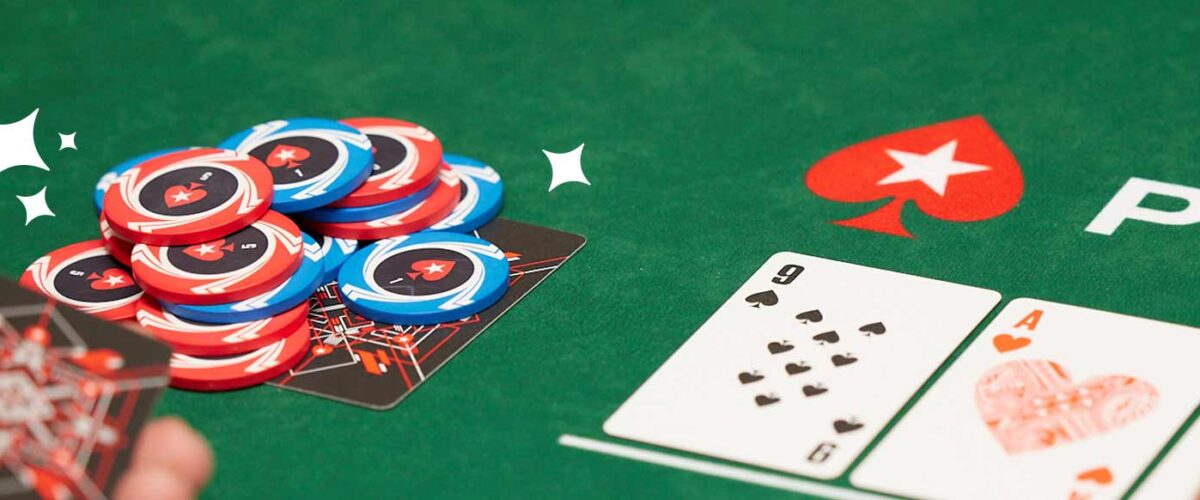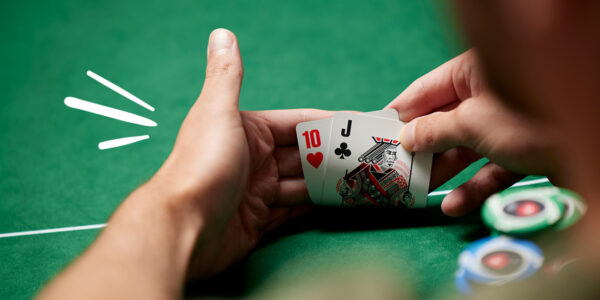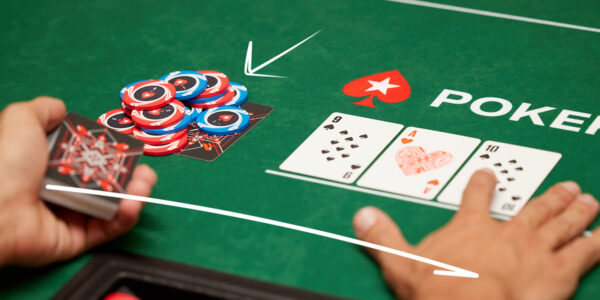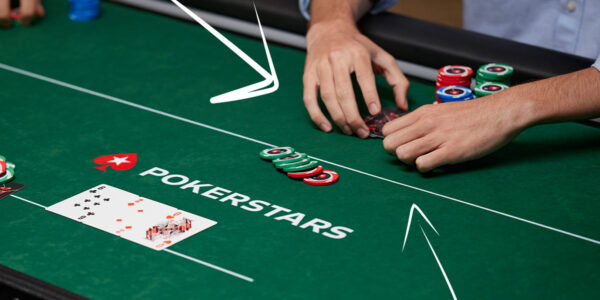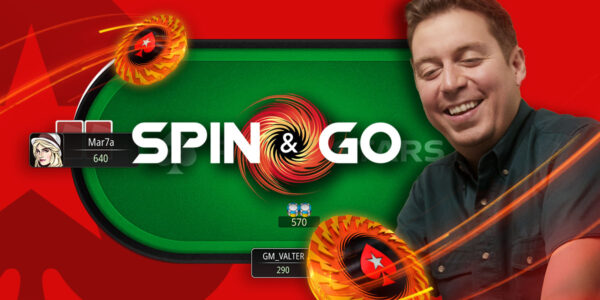3 Signs That You Need to 3-bet More
If there’s one magic ingredient that every player who wins a big poker tournament includes in their recipe for success, it’s well-time aggression.
You simply can’t go all the way without it.
Think about it. How many times have you run deep in a tournament simply by playing tight, waiting for big hands, and then playing those hands aggressively? Many, many times, I’m sure.
But how often are you going the distance and winning those events? Probably not as often as you’d like.
There are reasons for this. Perhaps you’re not playing aggressively enough and putting enough pressure on your opponents.
The first port of call when trying to improve your aggressive play is the 3-bet. And it’s pretty easy to tell when you’re not 3-betting enough.
Here are three easy-to-recognise signs that you need to 3-bet more.
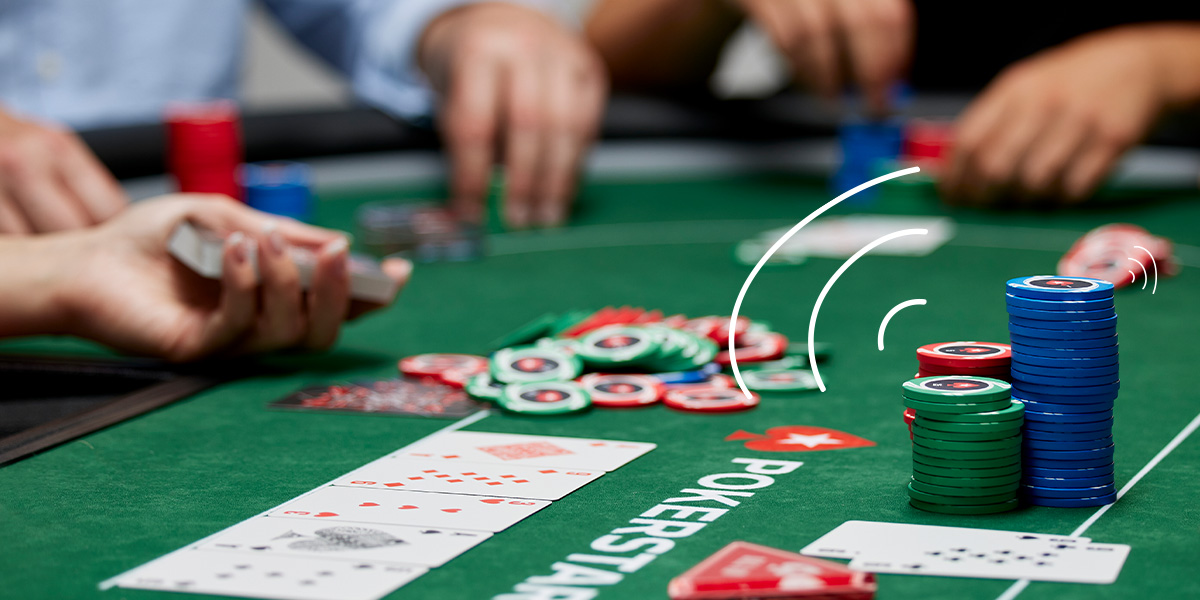

You’re playing too many multiway pots post-flop
If you often find yourself going multiway (three or more players) to the flop and you’re in position, it’s very likely you’re not 3-betting enough.
Let’s say there’s an open and a call in front of you and you’re on the button. If you see flops multiway too often in this spot, it means you’re almost always calling.
This isn’t necessarily bad – sometimes it’s correct to call and try to see a cheap flop. But in some ways, you’re making things more difficult on yourself. Not only is playing multiway post-flop tricky, but by just calling, you’re also letting the blinds get in for cheap too.
But what are the benefits of 3-betting with medium-strength hands?
For one, you could get everyone else to fold right away. The initial raiser might not have a hand they want to continue with post-flop out of position, and the caller has already shown some weakness by not 3-betting themselves, thus their range is capped (i.e., it’s very unlikely they have a very strong hand). If they both fold, it’s a great result.
But if just one player calls, then you get to play the pot heads-up in position with all the initiative. If you have a big hand you can continue to build the pot and get value. If you were 3-betting light with a hand weaker than you’d usually play, you can either continue to bluff or continue for value, depending on how you connect with the flop.
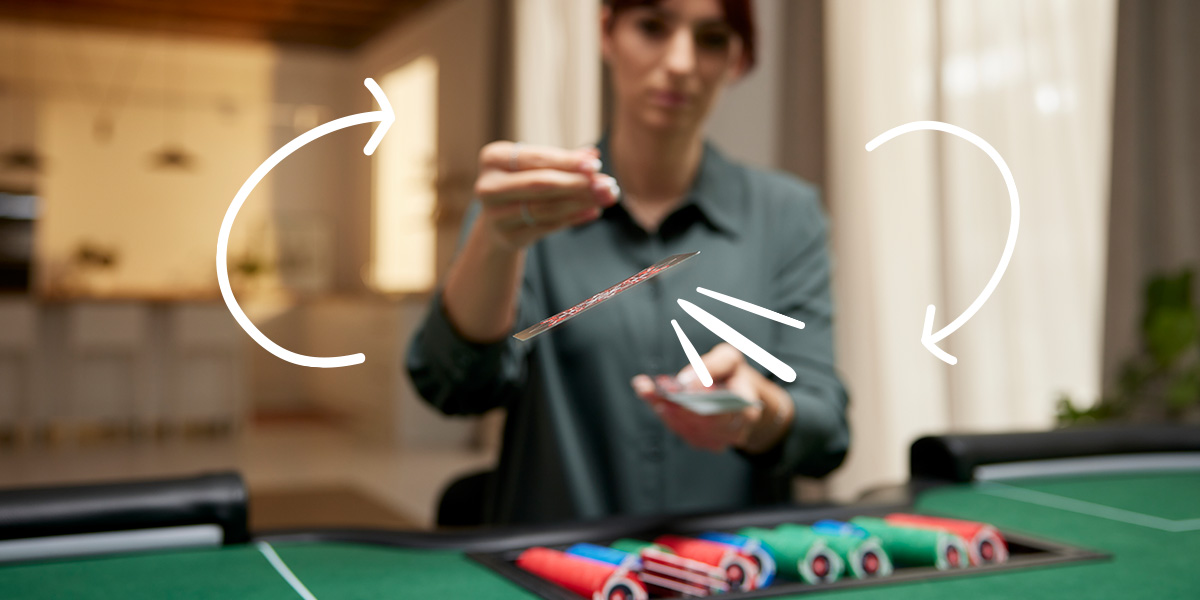

Your 3-bets never get called
As mentioned above, sometimes when you 3-bet and everyone folds, you’ve achieved the ideal outcome. But what about when you have a monster, like pocket queens through pocket aces?
In these situations, you really want at least one player to call. Better yet, you might want them to 4-bet.
If this never happens, however, then it’s a good sign you’re not 3-betting enough overall.
Playing tight-aggressive is a solid strategy for the most part, but if you are only ever 3-betting with the tippy-top of your range, you make it easy for your opponents to get away when you do.
By widening the range of hands you use to 3-bet, you become less predictable. You even encourage 4-bet bluffs.
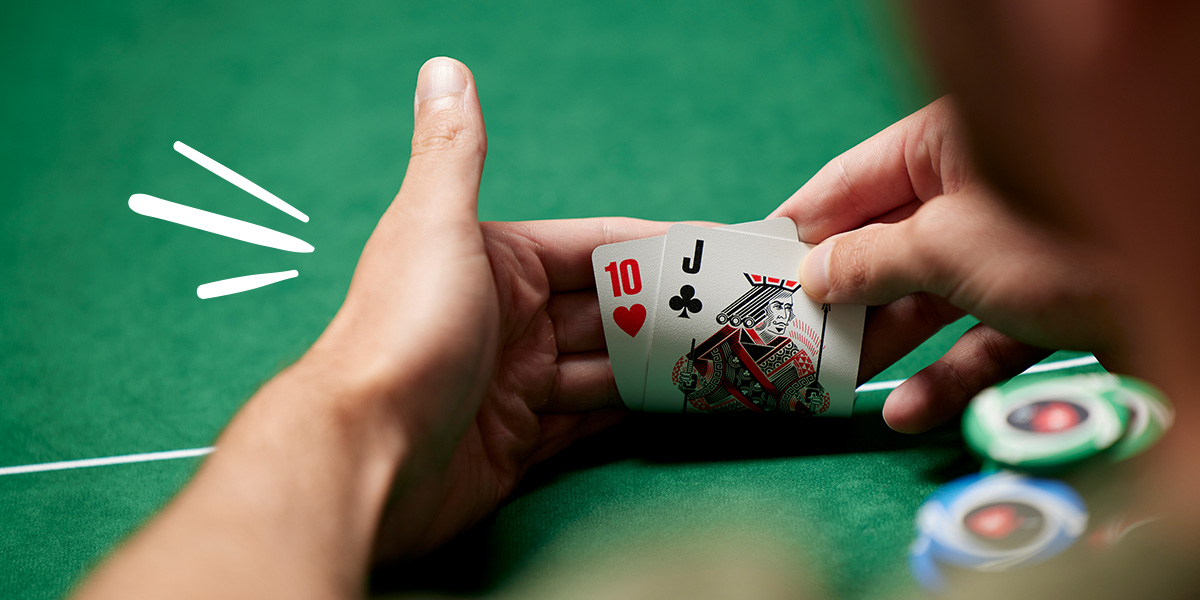

You’re only playing your hands, not your opponents
Let’s say you are 3-betting a healthy amount. Start to think about why you’re doing it.
If the reason is always that you simply have a very strong hand, then chances are you’re still not 3-betting enough.
Always pay close attention to your opponents at the table and when you see them make questionable plays, make a note: ‘This is someone I’d like to play more pots against’.
Now you can begin to use the 3-bet to isolate the weaker player. Let’s say they open and get two callers and it folds to you in the cutoff. Ideally, you just want to play a heads-up pot in position against the initial raiser.
So put in a 3-bet when you have a playable hand! It forces the weaker player to make a big decision, not to mention the other players who opted to only call.
At the end of the day, 3-betting makes you a difficult player to play against. It creates big pots and can help put you in a position to not only go deep but to win the whole tournament.


